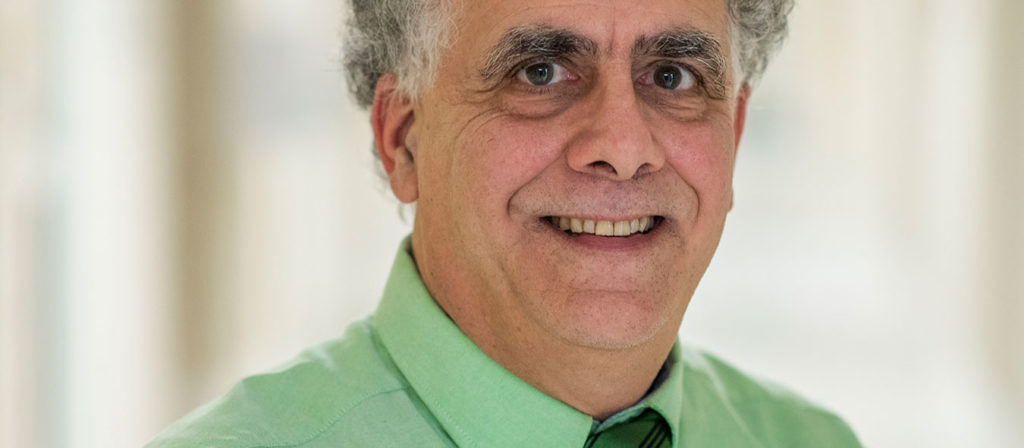A newly appointed Marshall University researcher has received funding from the National Institute on Aging at the National Institutes of Health (NIH) for an ongoing project on the pharmacogenetics of immunosuppressive drugs.
Dan Brazeau, Ph.D., an associate professor at the Marshall University Joan C. Edwards School of Medicine and Marshall University School of Pharmacy, in collaboration with the University at Buffalo Transplantation Immunosuppressive Pharmacology Research group headed by Kathleen M. Tornatore, Pharm.D., a professor at the University of Buffalo School of Pharmacy and Pharmaceutical Sciences, were awarded a five-year RO1 grant titled “Age and Race Influences on Immunosuppression after Renal Transplant.”
The goal of the $3.5 million grant is to assess the factors that play a role in the adverse effects experienced by kidney transplant patients. These adverse effects, including gastrointestinal, neurologic, aesthetic alterations and hyperlipidemia, are often unpredictable and contribute to decreased patient medication adherence, increased morbidity, and may impact long-term survival of the transplanted organ. Brazeau will be directing the genetic analysis for a number of genes involved in the metabolism and transport of immunosuppressive drugs being taken by kidney transplant patients.
Prior to joining Marshall this summer, Brazeau served as director of the University of New England’s Genomics Research Laboratory and director of the Pharmaceutical Genetics Laboratory at the University at Buffalo. He earned his doctorate in biological sciences from the University at Buffalo, State University of New York. Following postdoctoral training at the University of Houston, he served at the University of Florida as a research assistant professor in the department of zoology and the director of UF’s Genetic Analysis Laboratory.
Brazeau’s research focuses on population genetics and pharmacogenomics. He has 77 publications in peer-reviewed journals, books and book chapters and has presented more than 60 abstracts to national meetings since 1995. He has enjoyed continuous research funding for the past 25 years.
Originally from April Walker for Marshall University Communications.
